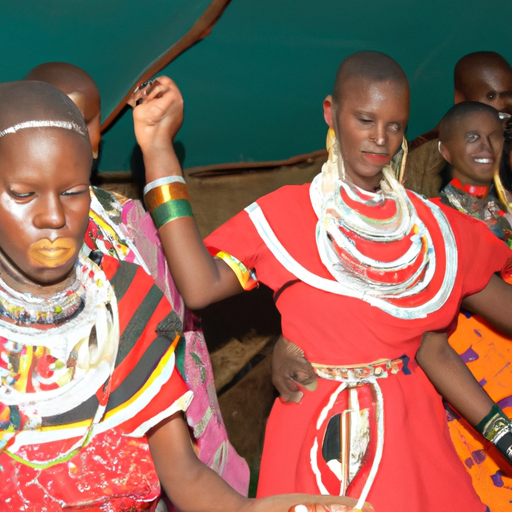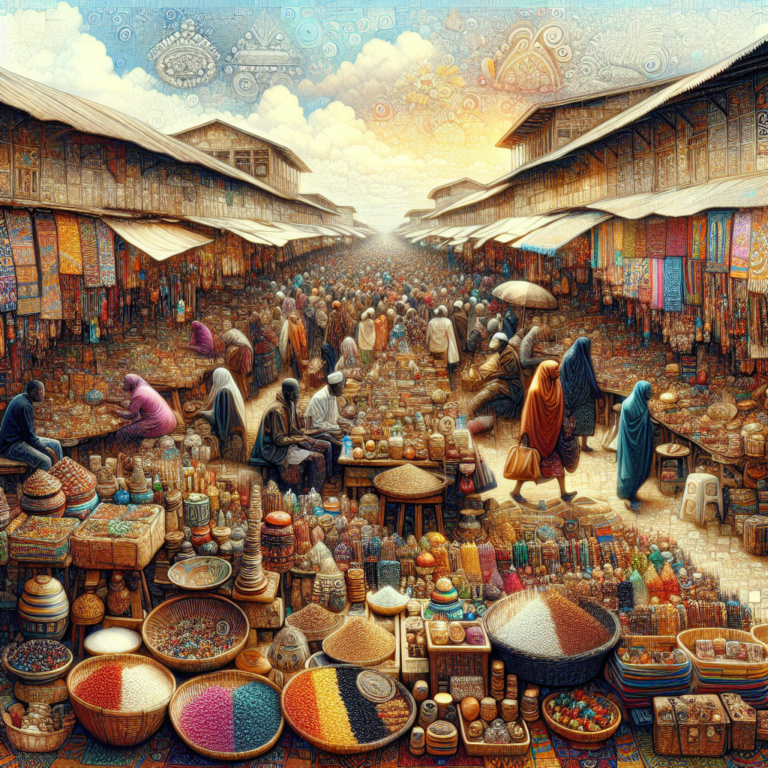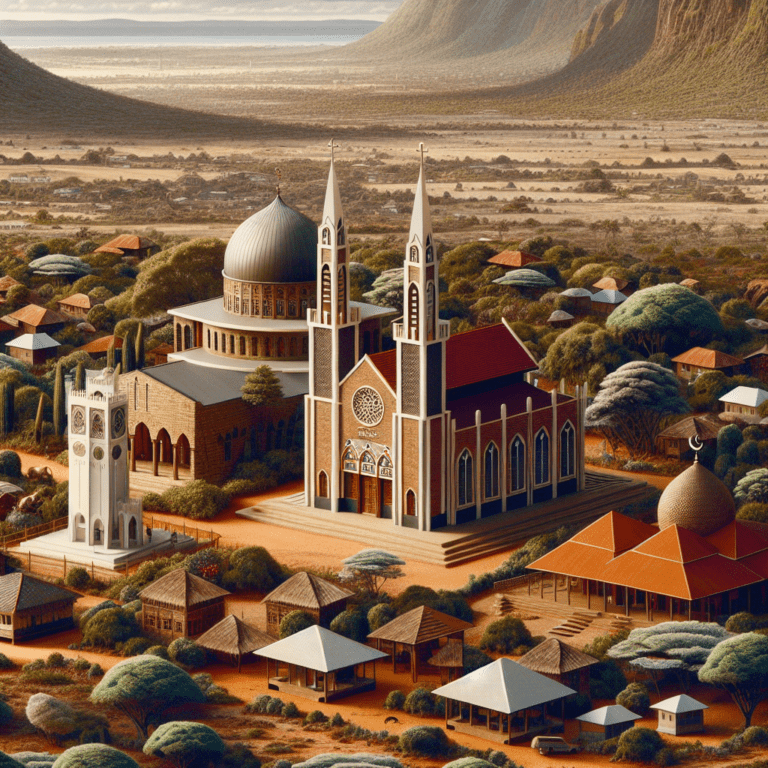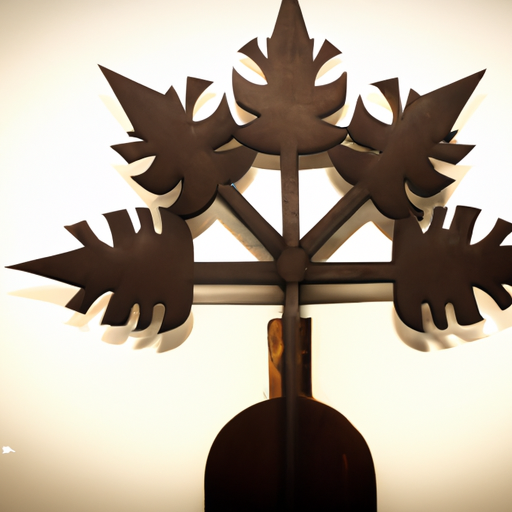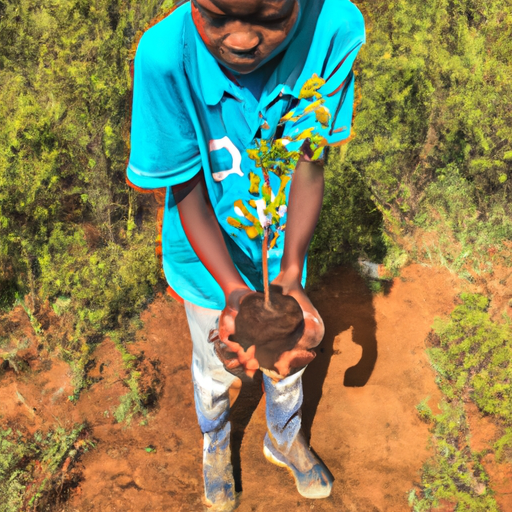How Do Kenyans Celebrate Weddings And Other Special Occasions?
In Kenya, celebrating weddings and other special occasions is a joyous affair filled with vibrant traditions and customs. From the momentous union of two individuals in a wedding ceremony to the commemoration of birthdays, graduations, and religious festivities, Kenyans embrace these occasions with enthusiasm and merriment. The celebrations are marked by lively music, traditional dances, colorful attire, and an abundance of delicious food. Whether it’s the extravagant decor of a wedding reception or the lively gatherings of friends and family, Kenyans know how to make these special moments unforgettable.
Traditional Kenyan Weddings
Pre-Wedding Rituals
In traditional Kenyan weddings, the journey to the big day begins with various pre-wedding rituals. These rituals hold great significance as they symbolize the merging of two families and the importance of community support. One of the noteworthy pre-wedding rituals is the “Koito” or engagement ceremony where the groom’s family visits the bride’s family to officially seek their consent for marriage. This serves as a formal introduction and sets the stage for the upcoming wedding preparations.
Another pre-wedding ritual is the “Itara” ceremony, where the bride’s family performs a spiritual cleansing. This ceremony is believed to ward off any evil spirits and bring blessings and protection to the couple. Itara involves the use of traditional herbs, songs, and prayers led by a respected elder or spiritual leader.
The Wedding Ceremony
The wedding ceremony itself is a vibrant and joyful occasion filled with ancient customs and traditions. For instance, the “Ngurario” ceremony among the Kikuyu community is a significant part of the wedding. It involves the groom’s family presenting various symbolic gifts, including livestock, to the bride’s family as a gesture of appreciation and respect. The acceptance of these gifts solidifies the marriage and marks the union of the two families.
Similarly, the Luo community has their unique wedding rituals. The “Ayie” ceremony is observed, which entails the groom’s family presenting gifts to the bride’s family, including livestock, money, and household items. This ceremony is a demonstration of the groom’s ability to care for the bride and emphasizes the unity and support of both families.
Post-Wedding Celebrations
After the wedding ceremony, the celebration continues with post-wedding festivities that are filled with joy, music, dance, and delicious food. Traditional Kenyan music, such as Benga and Rhumba, sets the tone for the festivities and invigorates guests to dance and celebrate. The lively beats of drums, the captivating rhythms, and the melodious voices of the singers create an atmosphere of merriment and unity.
The wedding feast, known as “Nyama choma,” plays a central role in the post-wedding celebrations. It involves grilling and roasting various meats, such as goat, chicken, and beef, often accompanied by traditional side dishes like ugali (maize meal) and sukuma wiki (collard greens). The abundance of food symbolizes the couple’s prosperity and ensures that no guest leaves hungry.
Modern Kenyan Weddings
Influence of Western Culture
With the advent of globalization and the infiltration of Western influence, modern Kenyan weddings have evolved to incorporate elements of Western culture. Many couples now opt for a combination of traditional and modern wedding styles, creating a unique blend of customs and practices.
One significant influence is the embracing of the “White Wedding,” which is a reflection of Western wedding traditions. This style includes a church ceremony with the bride wearing a white wedding gown and the exchanging of vows in the presence of a minister or priest. While this style is not exclusive to Western cultures anymore, it has gained popularity among modern Kenyan couples.
White Wedding vs. Traditional Wedding
The choice between a white wedding and a traditional wedding often depends on personal preferences, family traditions, and cultural backgrounds. While some couples prefer the grandeur and formality of a white wedding, others opt to showcase their heritage and honor their cultural roots through a traditional wedding.
Traditional weddings highlight the customs, rituals, and attire specific to each community. They allow couples to embrace their cultural identity, involve their families, and showcase the vibrant traditions that have been passed down through generations. Both styles offer a memorable and meaningful experience; it all boils down to the couple’s vision for their special day.
Wedding Planner’s Role
The rise of modern Kenyan weddings has also brought about the emergence of professional wedding planners. These experts play a crucial role in assisting couples with the planning, coordination, and execution of their dream weddings. From venue selection to decor, catering, and event management, wedding planners take on the responsibility of ensuring that every aspect of the wedding is flawlessly executed.
Having a wedding planner not only alleviates the stress of planning but also provides valuable expertise, creative ideas, and vendor connections. They work closely with the couple to understand their vision and transform it into a reality. With their attention to detail and organization skills, wedding planners contribute to creating a memorable and stress-free day for the couple and their families.
Kikuyu Wedding Traditions
Ruracio – Traditional Dowry
In Kikuyu wedding traditions, the Ruracio ceremony is a pivotal pre-wedding custom. Ruracio involves the groom’s family visiting the bride’s family to negotiate and pay the bride price. This negotiation typically includes various items, such as livestock, money, and household goods. The bride price symbolizes the groom’s commitment to caring for the bride and contributes to strengthening the bond between the two families.
During the Ruracio ceremony, elders from both families oversee the negotiations, ensuring that the customs and traditions are followed. The process is often accompanied by singing, dancing, and celebratory feasting, fostering an atmosphere of unity and joy.
Ngurario – Traditional Wedding Ceremony
The Ngurario ceremony is the highlight of Kikuyu weddings, representing the official union of the couple. During this ceremony, the groom’s family presents various symbolic gifts to the bride’s family, including goats, sheep, and traditional furniture. These gifts not only symbolize the groom’s appreciation but also signify his ability to provide for the bride.
The Ngurario ceremony is characterized by rhythmic dances, vibrant music, and colorful attire. Family and friends come together to witness this joyous celebration and bless the couple as they embark on their journey together. Traditional foods are served, and everyone indulges in the rich flavors and delights of Kikuyu cuisine.
Wedding Customs and Practices
Kikuyu weddings are steeped in rich customs and practices that make them unique and meaningful. For instance, the bride’s mother performs a ceremonial bath for the bride known as “Kumenya Mareko”. This ritual is believed to cleanse the bride of any past misfortunes and prepare her for a prosperous married life.
Another notable custom is the exchange of wedding rings, which serves as a symbol of eternal love and commitment. The rings are blessed by an elder and passed from the groom to the bride, solidifying their union.
Kikuyu weddings embrace the importance of family and community. They provide an opportunity to bring loved ones together and honor their traditions and cultural heritage. Through these customs and practices, Kikuyu weddings create cherished memories that resonate with the couple and their families for a lifetime.

